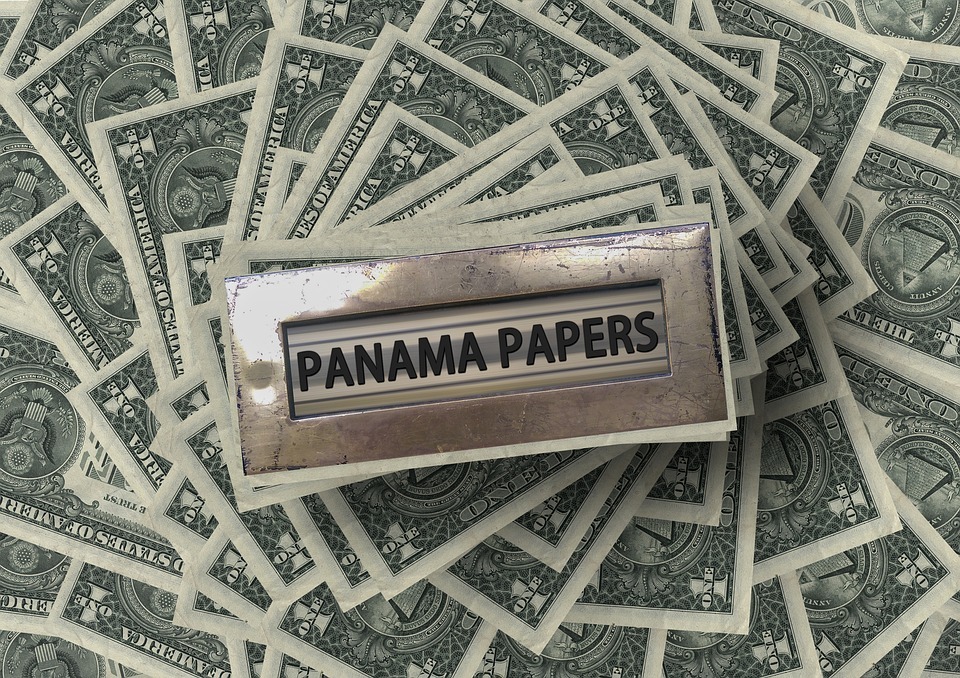Panama papers create international scrutiny, interest among students
2 min read
Pixabay
By RACHEL MANNING
Over several months, beginning in early 2015, an anonymous source called John Doe has gradually leaked over 10 million documents to the German newspaper, Süddeutsche Zeitung. These documents contain information on more than 200,000 offshore banks, many of which were connected to the Panama law firm, Mossack Fonseca.
This data leak is larger than the 2010 Wikileaks Cablegate leak during which Julian Assange, the editor of the Wikileaks website, released classified cables belonging to the U.S. State Department and its affiliates.
The information leaked by John Doe suggests that many world leaders are using offshore companies to hide their spending habits from their citizens. Since offshore banks have laxer regulations and less oversight, it is immediately suspicious when a world leader uses one secretly. The papers contain information about current and former leaders of countries such as Russia, Iceland, the United Arab Emirates, Ukraine, Saudi Arabia, China and Argentina. In addition to world leaders, officials of the soccer organization FIFA were heavily implicated.
“That’s a demonstration of some pretty corrupt leadership,” said senior biology major Rachel Thomas.
It is important to note that the use of offshore banks is not necessarily illegal in the countries where these leaders reside. However, investigations have discovered that some of these offshore accounts have been used to fund illegal actions like drug trafficking and tax evasion. In addition to this, offshore banks are frequently used to transfer bribe money, which puts an even heavier weight on the possible guilt of these world leaders.
This highlights the dealings of many of the world’s most powerful countries, revealing that even they are willing to permit or commit acts of corruption in order to facilitate global commerce. It means that this corruption problem is even more widespread than previously thought and has been going on in plain sight for a while now.
“It’s stupid, how much money runs the world,” said freshman and history major Elise Trommer.
While the pervasiveness of corruption in our world is troubling, with this new information, great changes can be spurred to action. In Iceland, for example, a political crisis is stirring because people have just found out that the prime minister of Iceland owned the debt money of failed Icelandic banks even as he promised to protect Icelandic assets from people who would do just that.
Because there is so much information that needs to be analyzed, Süddeutsche Zeitung has gotten help from the American-tied International Consortium of Investigative Journalists. The ICIJ has distributed the papers to hundreds of journalists in dozens of countries in order to better process the data. The first release of the data to the public was Sunday, April 3, 2016. Not all the information has been released yet. The ICIJ plans to do a complete information release by early May 2016.


